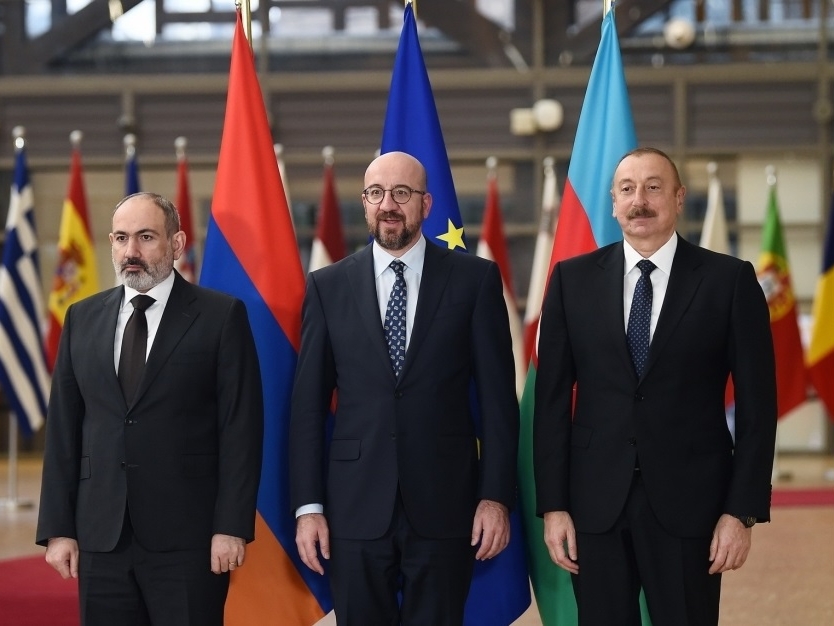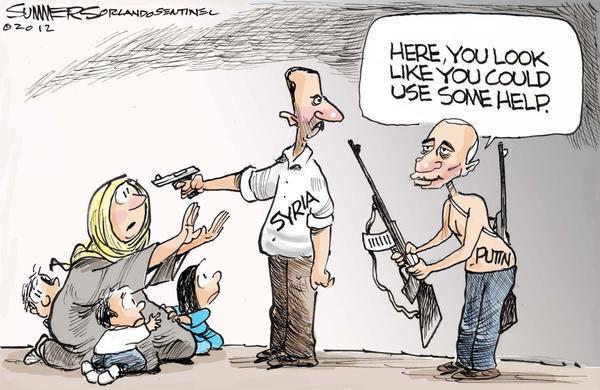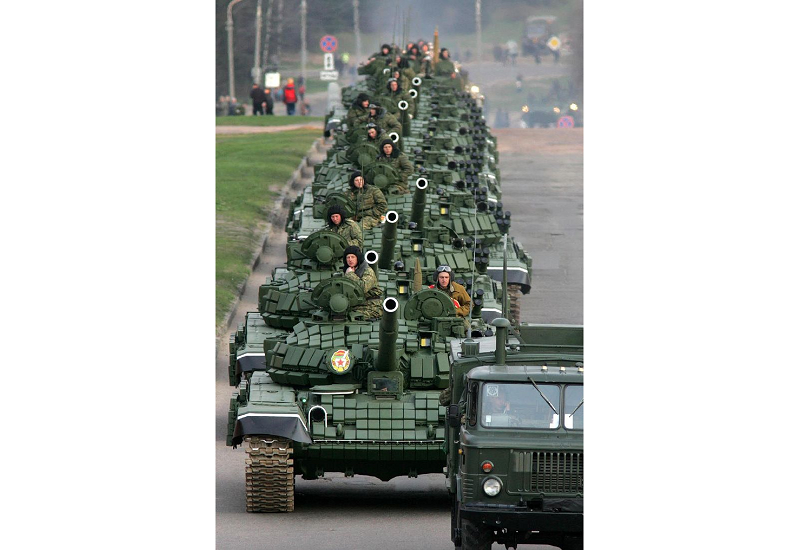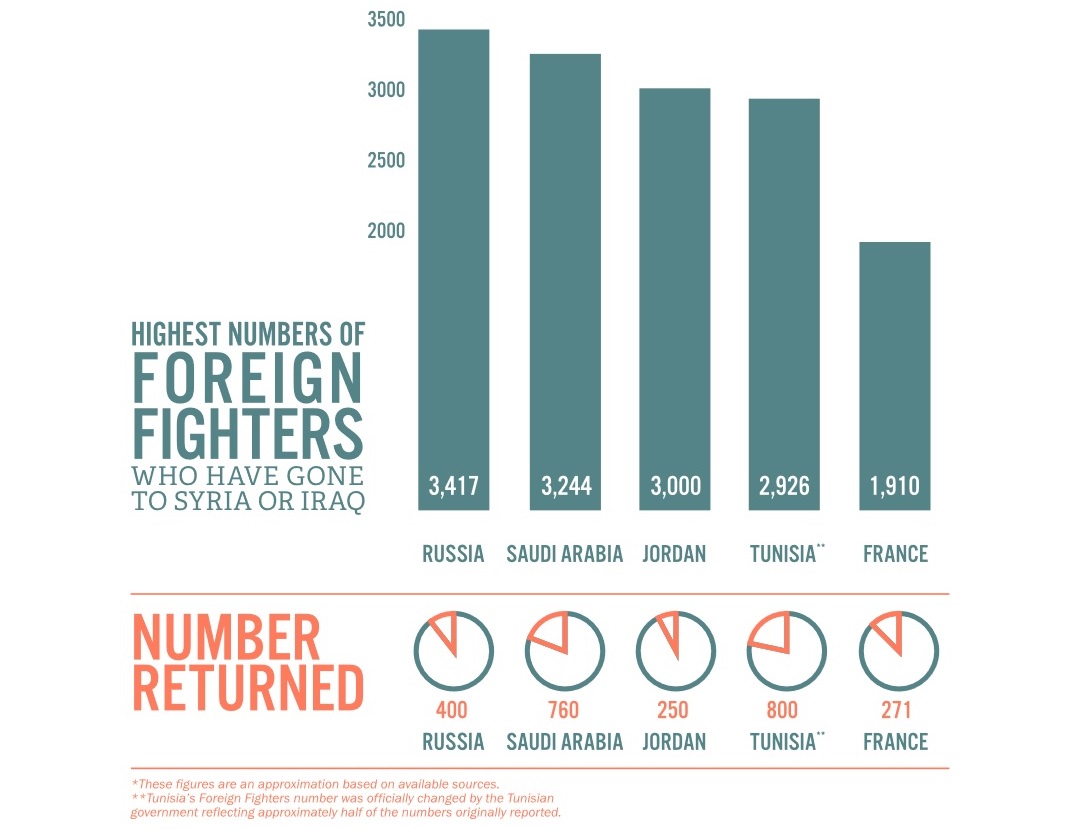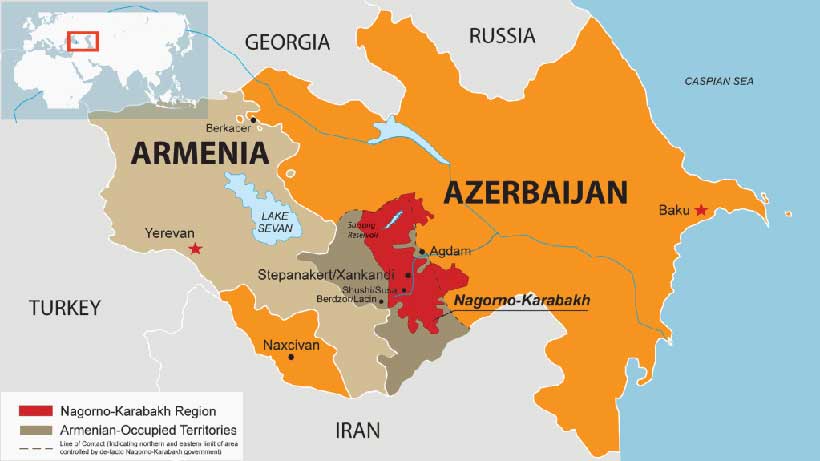
The text itself also spotlights “discussions regarding the implementation of more confidence building measures.” Both sides call for international backing to build “mutual trust” and “positively impact the entire South Caucasus region.” This likely constitutes the key passage, with adversaries confirming readiness to restart dialogue. The immediate result is drastically reduced regional war risks. But the omission of Moscow from this significant process, despite decades of Russian mediation attempts, constitutes the developments’ sharpest rebuke for the Kremlin. Perhaps consequently, initial official Russian reactions to the agreed statement proved remarkably restrained and understated, with Foreign Ministry representative Maria Zakharova offering routine approval of progress while insisting upon Russia's past useless “assistance” contributions regarding negotiations. “We are ready to continue providing all possible assistance in unblocking transport communications, border delimitation, conclusion of a peace treaty, and contacts along the line of civil society,” she claimed. However, Russia’s mediation appears no longer necessary – further peace talks will occur under EU and US auspices. A signed peace agreement will end Russia's South Caucasus influence. Theoretically, the Kremlin can still sabotage talks, given its military presence in both countries. But without political backing in either Armenia or Azerbaijan this is clearly insufficient to change the course of the countries, Panchenko stresses. "So, if the West is persistent, signing a peace agreement in the coming months-by the middle of next year-is a very realistic scenario, snd this will be a foreign policy disaster for Russia. Hopefully, not the last," Panchenko sums up. Related:Had positive and constructive meetings in Baku. As I told President Aliyev, the U.S. welcomes visits by the Central Bank Governor and Energy Minister, and Secretary Blinken looks forward to hosting foreign ministers Bayramov and Mirzoyan in Washington soon for peace negotiations.
— Assistant Secretary Jim O'Brien (@StateEUR) December 7, 2023

